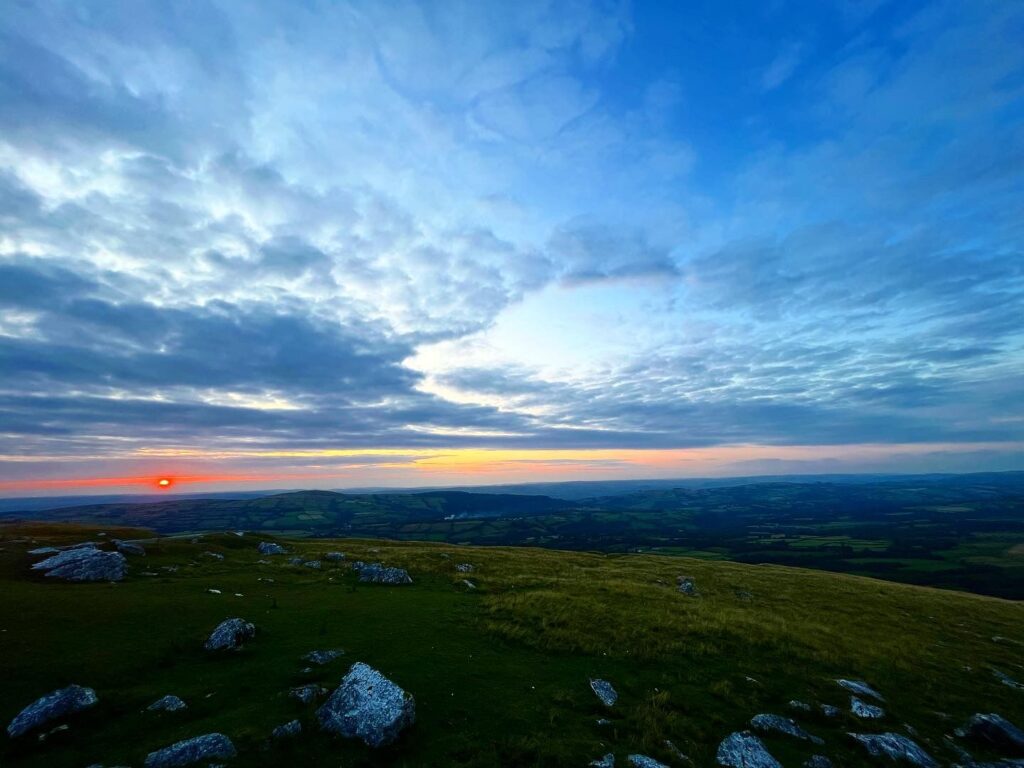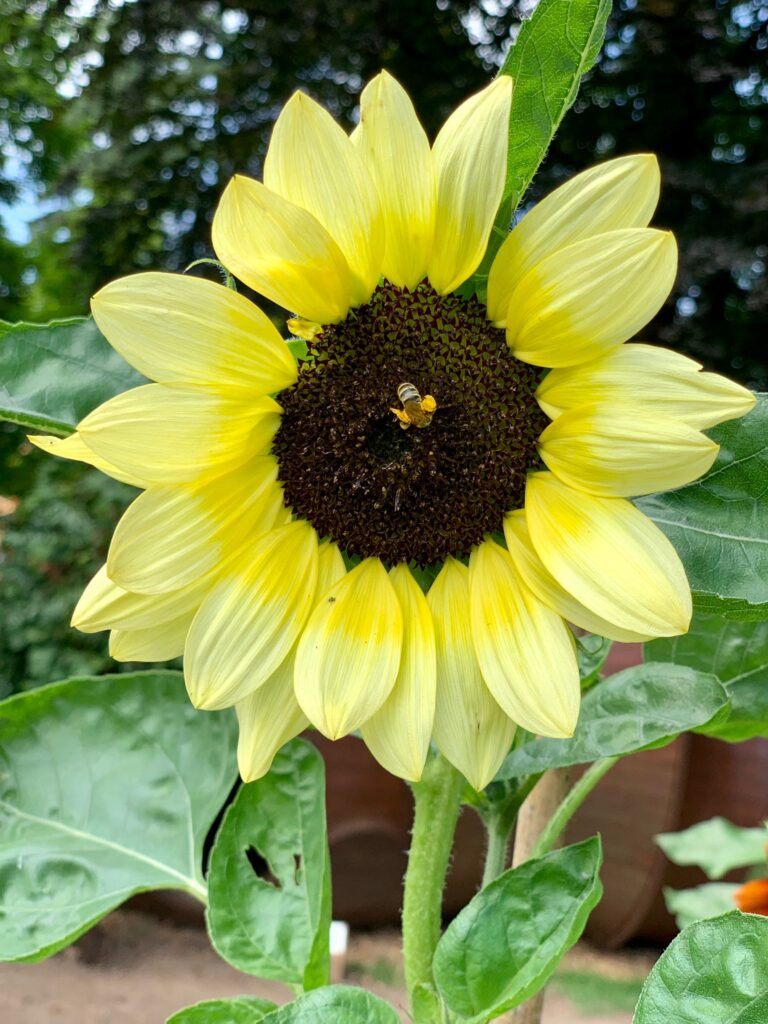
“The ‘teenage self’ is one of several aspects of our inner-self or psyche that, if we take the time to connect to, we can find ourselves being enriched. For example, if I am well connected to my inner teenager, then I can draw upon his innate curiosity, ambition and appetite for life in a way that other middle-aged folk who lack a vital connection to their inner teenager cannot!”
Dear Integral Meditators,
This weeks article comes under the domain of what you might call ‘Theraputic mindfulness’, & has strong, explicit connections to the wellbeing of our psychological self. It relates to the area of coaching work that I offer in my Mindful self-knowledge program.
In the spirit of inner vitality,
Toby
Meditating with your teenage-self
Definitions of your youthful and teenage self:
The ‘teenage self’ is one of several aspects of our inner-self or psyche that, if we take the time to connect to, we can find ourselves being enriched in a number of ways. Some of these ways are therapeutic, as in healing inner wounds and burdens from our teenage past. Other ways include connecting to the strengths of our youthful/teenage self that we can draw upon in our present stage of life. For example, at my present age of 51, if I am well connected to my inner teenager, then I can draw upon his innate curiosity, ambition and appetite for life in a way that other 50-somethings who lack a vital connection to their inner teenager cannot!
Our teenage self is different from our ‘inner child-self’ (who is worked with commonly in a therapeutic context) in the sense that our inner child is a pre-sexual being, whereas our inner teenager is an adolescent and therefore sexually defined/sexually activated. Consequently, the concerns of the inner child and teenager, and their perspectives/needs differ substantially.
Below I point out a few definitions and ways of beginning to relate to your inner teenager.
The youthful or teenage self is that part of us that has matured from the child to the early-adult stage of human development. It sees the initial development of an adult personality; it is concerned with things such as:
- Defining and distinguishing ourself from others,
- Appetite for and ambitions in life,
- Career/life goals,
- Sexuality and romantic relationships
- Willingness to keep learning new things
A psychological definition:
The teenage-self is the component of the psyche containing the “personality” of the adolescent one once was, with that teenager’s range of values, emotions, needs and responses; not a generic teenager or universal archetype, but a specific, historical one, unique to an individual’s history and development.
– Nathaniel Branden, definition taken from the Six Pillars of Self Esteem, page 265ff.
Meditation pointers for the teenage-self:
Free association: Bring to mind the words ‘my teenage, or youthful-self ’. Holding it within your awareness allow your mind to start to free –associate feelings, images, memories, thoughts, and desires around your teenage-self. At this stage the main thing is to focus on being curious as to what sort of memories, feelings and so on arise when you contemplate the idea of your teen self; whether these feelings and memories are pleasant or unpleasant is secondary, the main thing is simply to see what comes up without editing any of the content.
If you like you can use the following sentence-stems as departure points for your free association:
- When I think of the young adult or teenager within me –
- One of the things that I found challenging about growing to adulthood was –
- One of my favourite memories about my teenage or young adult life was –
Connecting to your teenage-self: Imagine yourself in a place that you knew and loved as a teenager. As you sit or stand in that place, imagine your teenage self comes to meet you there. Spend time with your teenager, talking, connecting, and building trust. Starting questions for the interaction might include:
- What do you need from me to help feel happy and secure?
- Is there anything that you want to say to me or offer me at this time?
- What do you think about this (choose your domain) aspect of our life?
- How can we find more time for play & exploration in our life together?
Like outer teens, your inner–teen needs parenting with an appropriate amount of firmness and love, but with more freedom and autonomy given than you would with your child self. By connecting to your inner-teenager you can also become a better parental self, both toward your inner-teens, and toward outer teenagers!
Related articles: Meditating with your child-self
Meditating with your parental-self
© Toby Ouvry 2023, you are welcome to use or share this article, but please cite Toby as the source and include reference to his website www.tobyouvry.com
Integral Meditation Asia
Online Courses * 1:1 Coaching * Books * Live Workshops * Corporate Mindfulness Training *Life-Coaching * Meditation Technology



